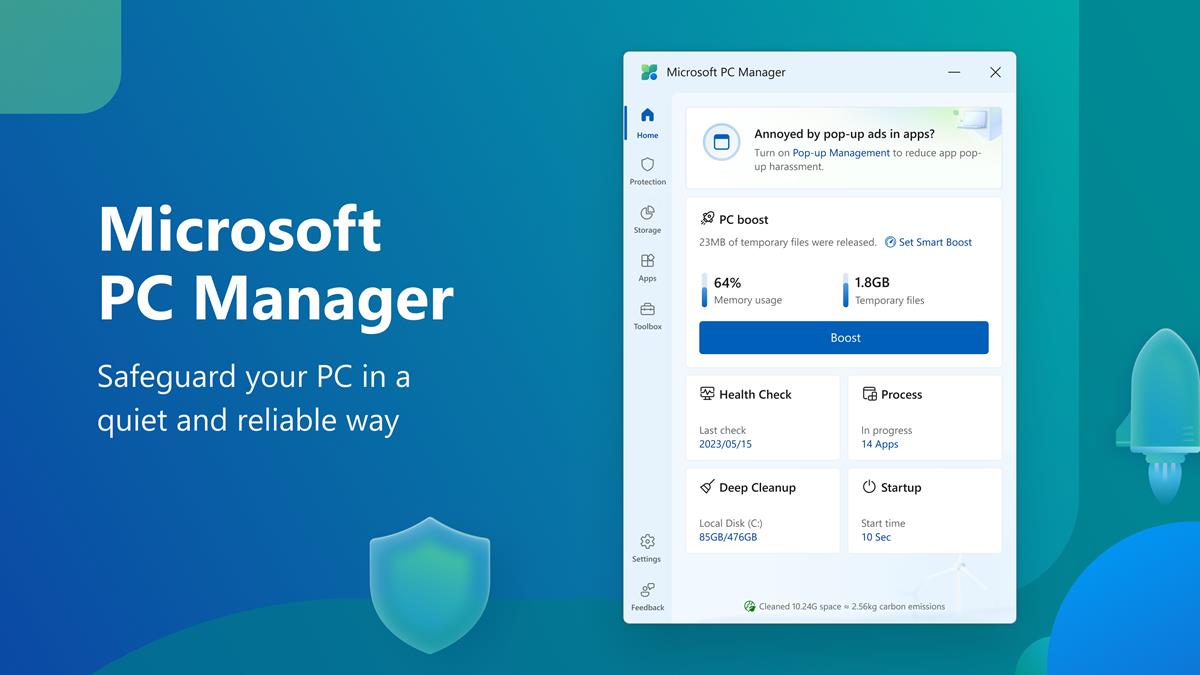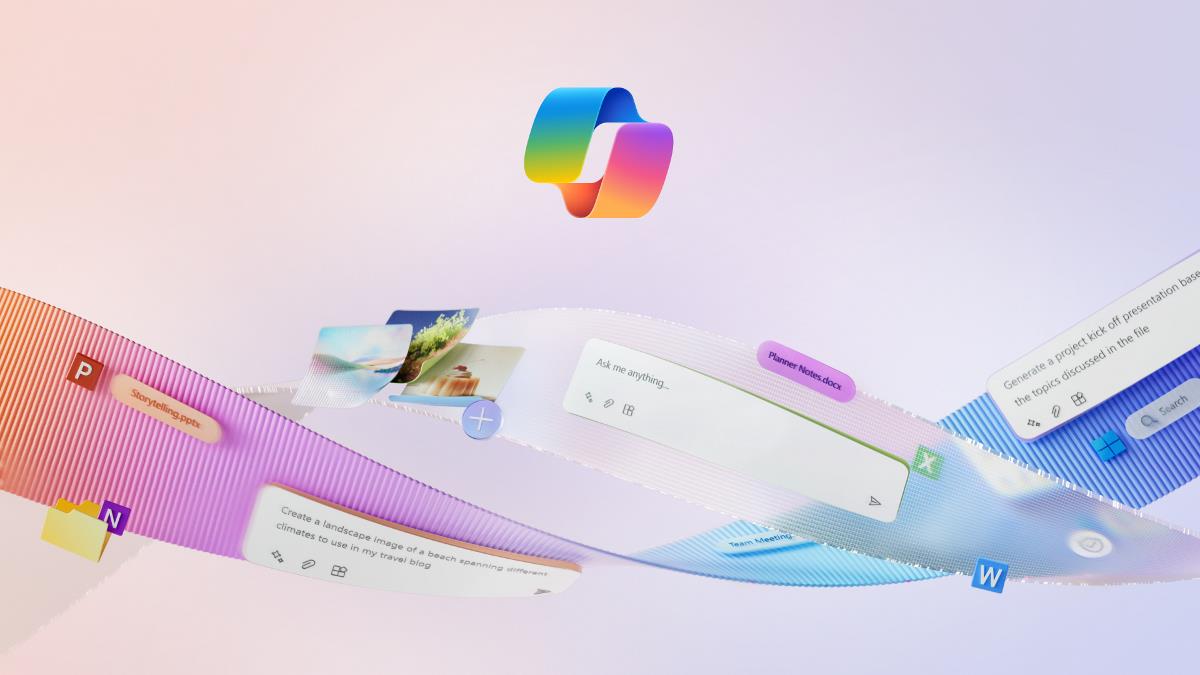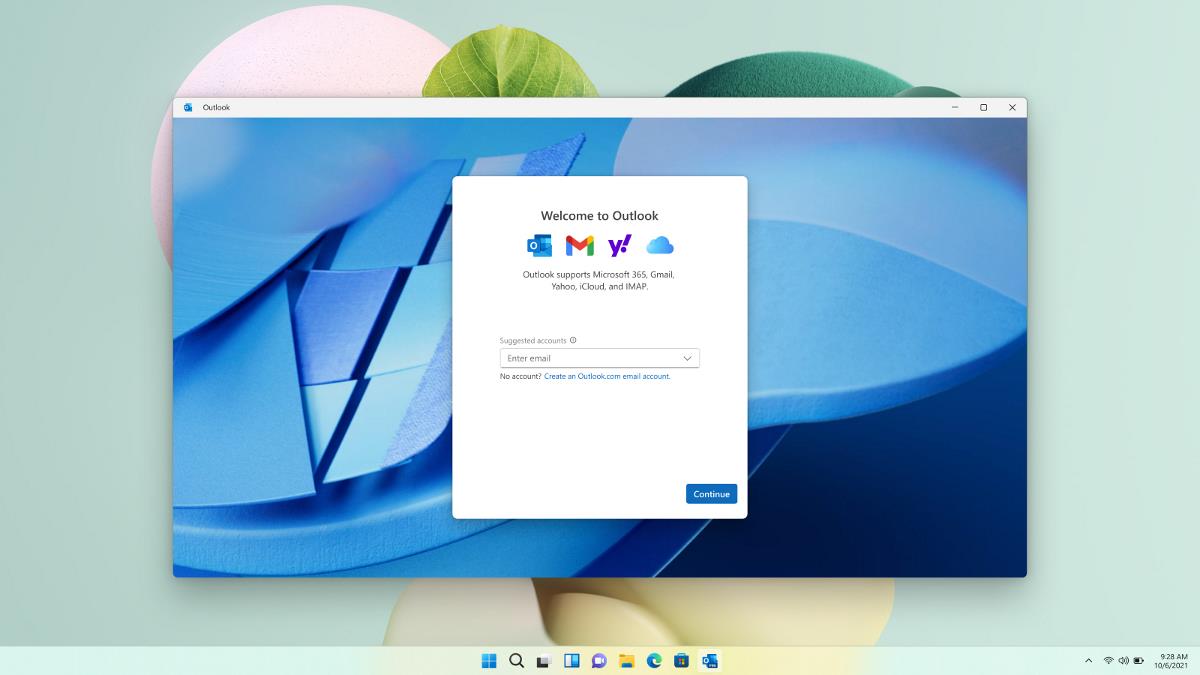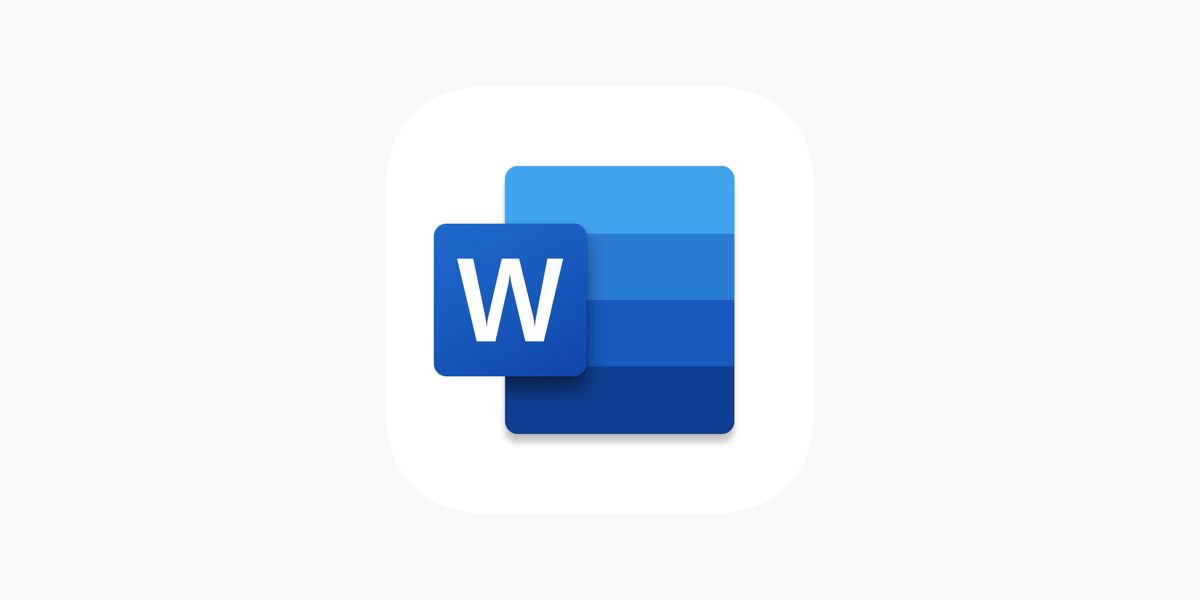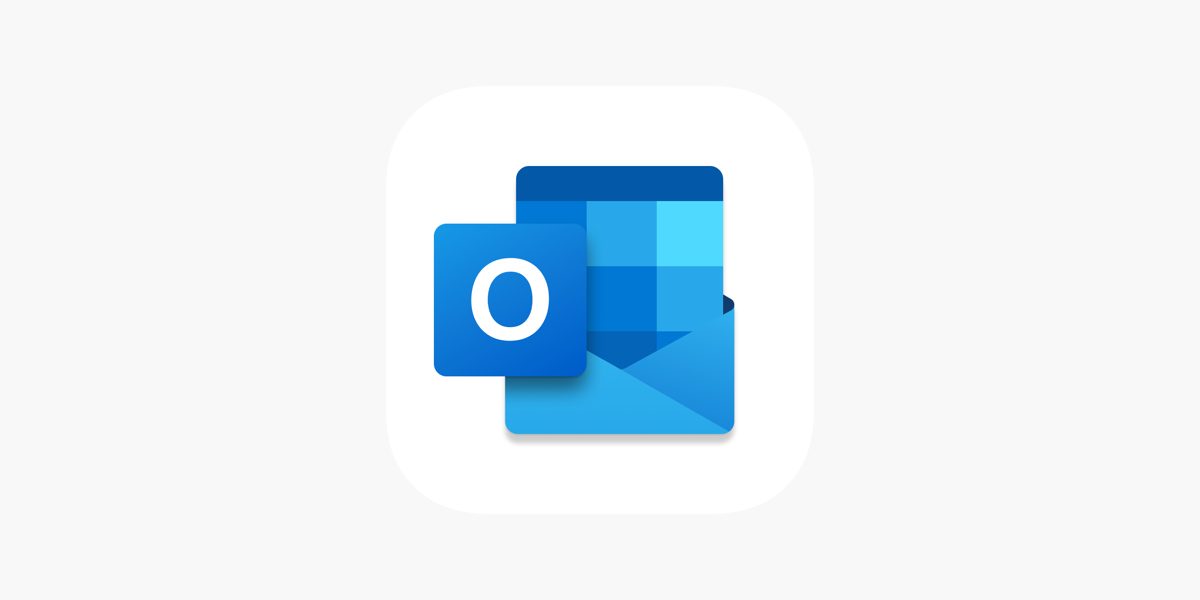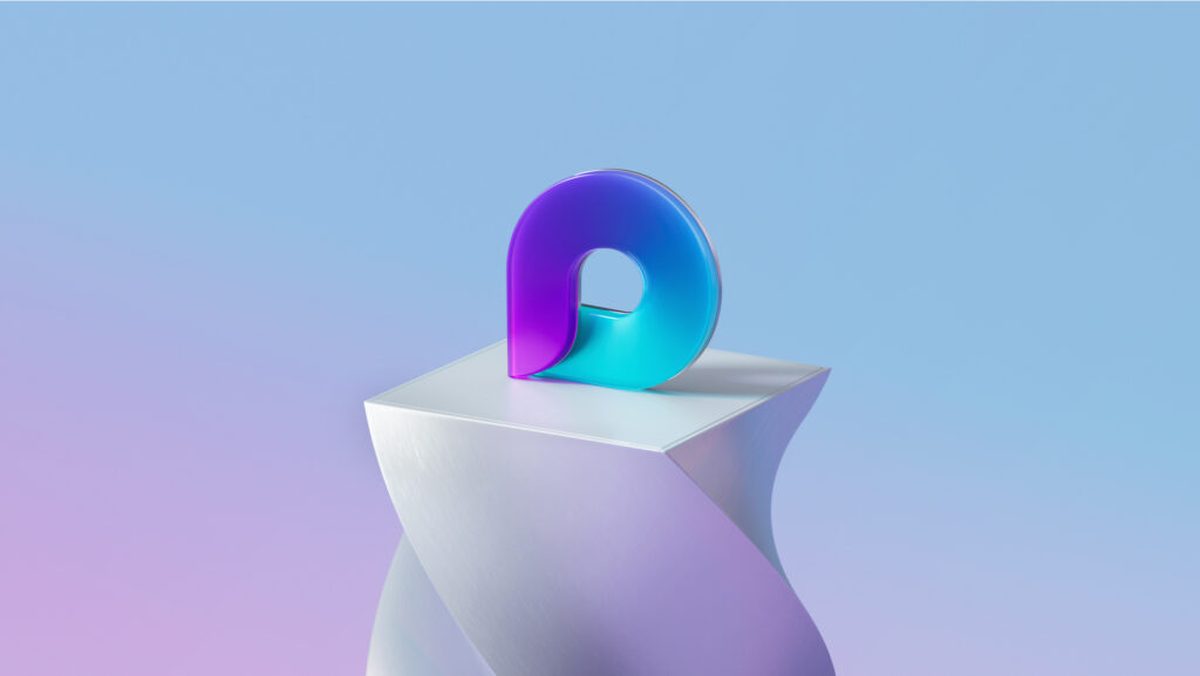Bing Chat Enterprise: Take your firm to the next level
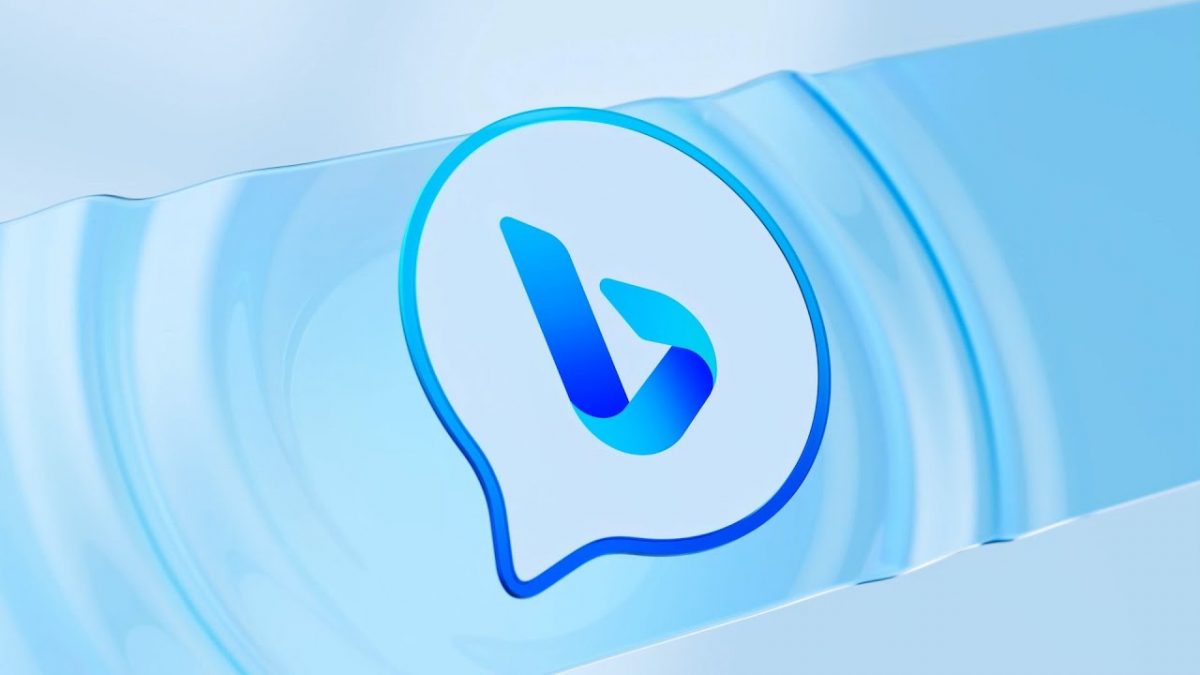
Microsoft's AI-powered chatbot service, Bing Chat, is entering the business sector. According to Microsoft, Bing Chat has been enabled for enterprise usage. The Bing Chat Enterprise version will help business owners take advantage of the powerful chatbot.
Microsoft launched Bing Chat Enterprise, a variant of Bing Chat with business-focused data privacy and governance controls, during its yearly Inspire conference. A customer's employee or business data is not visible to Microsoft while using Bing Chat Enterprise, and customer data is not used to train the underlying AI models.
"Today at Microsoft Inspire, we’re excited to unveil the next steps in our journey: First, we’re significantly expanding Bing to reach new audiences with Bing Chat Enterprise, delivering AI-powered chat for work, and rolling out today in Preview – which means that more than 160 million people already have access. Second, to help commercial customers plan, we’re sharing that Microsoft 365 Copilot will be priced at $30 per user, per month for Microsoft 365 E3, E5, Business Standard, and Business Premium customers, when broadly available; we’ll share more on timing in the coming months. Third, in addition to expanding to more audiences, we continue to build new value in Bing Chat and are announcing Visual Search in Chat, a powerful new way to search, now rolling out broadly in Bing Chat," the company said in its official announcement.
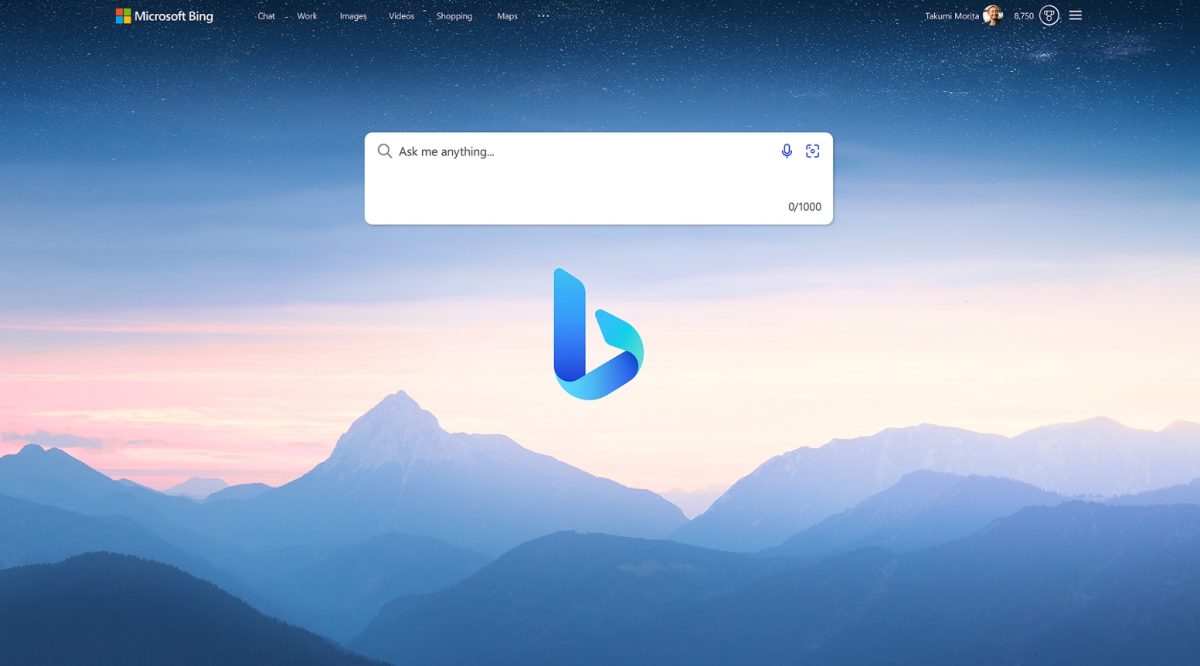
Bing Chat Enterprise won't remember user interactions
The new enterprise alternative from Microsoft is the same as the consumer version of Bing, but it won't remember user interactions, so users will have to go back and start over each time. These modifications, according to Microsoft, whose Bing chat function is powered by OpenAI's technology, provide employees "complete confidence" that their data "won't be leaked outside of the organization."
Companies have voiced worries about sensitive information getting into the hands of developers who use user data to build their models. Apple has limited the internal usage of products like OpenAI's ChatGPT and GitHub's Copilot, which is acquired by Microsoft. Samsung, Walmart, Verizon, Bank of America, JPMorgan, and others have already done the same.
ChatGPT on iOS adds support for Bing, but locks it behind a subscription
Amidst considerable investor enthusiasm for the new technology, Microsoft is rushing to build and market a variety of AI-powered tools for consumers and professionals. Microsoft added visual searches to its current Bing Chat product, which is powered by AI, on Tuesday as well. The business also disclosed that each user will pay $30 monthly for Microsoft 365 Co-pilot. This AI-powered tool helps generate, edit, summarize, and compare documents across its many products.
If a company's IT department manually activates the capability, Bing Chat Enterprise will be free for all 160 million Microsoft 365 members starting on Tuesday. However, after 30 days, Microsoft will automatically grant access to all users; subscription firms can turn off the tool if they so desire.
Advertisement


